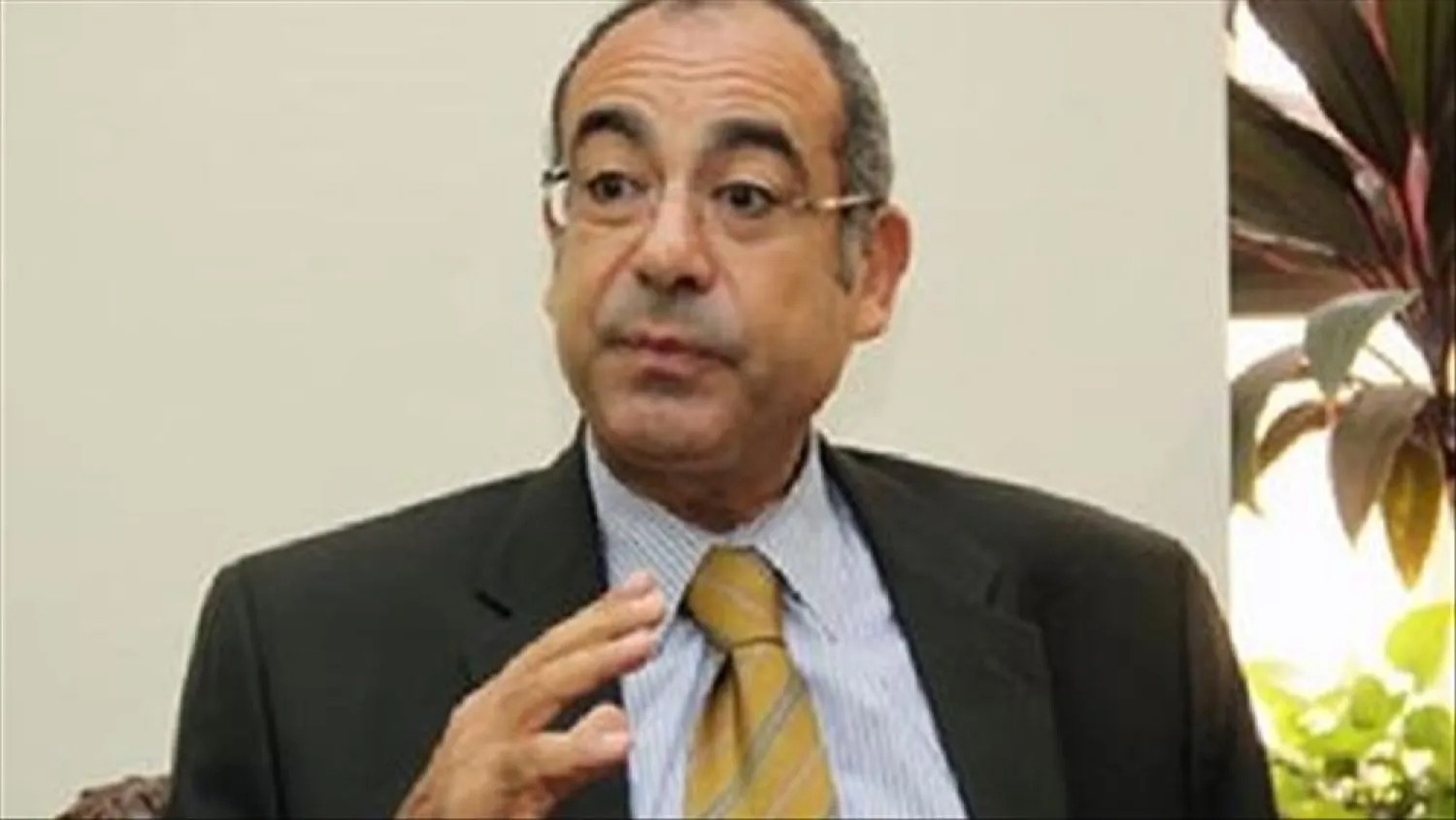Preparations for the resumption of flights between Moscow and Cairo have entered the final phase.
"At the moment, EgyptAir and Aeroflot are putting the finishing touches on preparations for resuming flights, I mean commercial aspects: signing contracts on ground servicing, supplying fuel to Egyptian airliners here in Russia and to Russian jets in Egypt," Egypt’s Ambassador to Russia Ihab Nasr said in an interview with TASS on Wednesday.
The Egyptian airline intends to carry out three flights a week between Cairo and Moscow while the Russian company plans to organize two flights only.
As a precondition for the resumption of flights, Russia called for considerably tightening security measures at Egyptian airports.
On February 1, Egypt is set to receive the first Russian flight after three years of the Russian air suspension, following an agreement signed by Russian Transport Minister Maksim Sokoloc and Egyptian Civil Aviation Minister Sherif Fathy in December 2017.
Nasr said the protocol was a "green light" for the resumption of flights.
"In this way, there are no obstacles for both countries to resume air transport," he added.
"We hope very much to resume flights, including charter flights, and we are working with Russian friends in this regard, but I cannot name any particular date," Nasr said.
All flights between the two countries were canceled in November 2015 after the explosion of the A320 jet of the Russian carrier Metrojet over the Sinai Peninsula on October 31, less than half an hour after takeoff from Sharm el-Sheikh international airport.
Russian President Vladimir Putin's decision included civil airlines between the two countries in general not only private companies.
It was a painful blow to the tourism sectors and air transport in both countries. Russian tourism companies suffered a loss of 1.7 billion Russian rubles.
Meanwhile, officials in the Egyptian tourism sector warned that the expected losses that would result from Russia and Britain’s decision to stop flights to Egypt could reach up to $5.2 billion, leading to the closure of a large number of tourism companies in the country in addition to other repercussions on the tourism sector.
Russia and Egypt will begin talks in April on resuming charter flights to the Red Sea resorts of Sharm el-Sheikh and Hurghada, Nasr further noted.
Putin, for his part, signed a decree on resuming flights between Russia and Egypt after a two-year-long pause on January 4.
Russian tourism companies reacted quickly and effectively to these developments, and began offering tourist offers to Egyptian resorts early in the year after Putin's visit to Cairo.
Some Russian companies have also offered land transport from Cairo to resorts in Sharm el-Sheikh and Hurghada.









